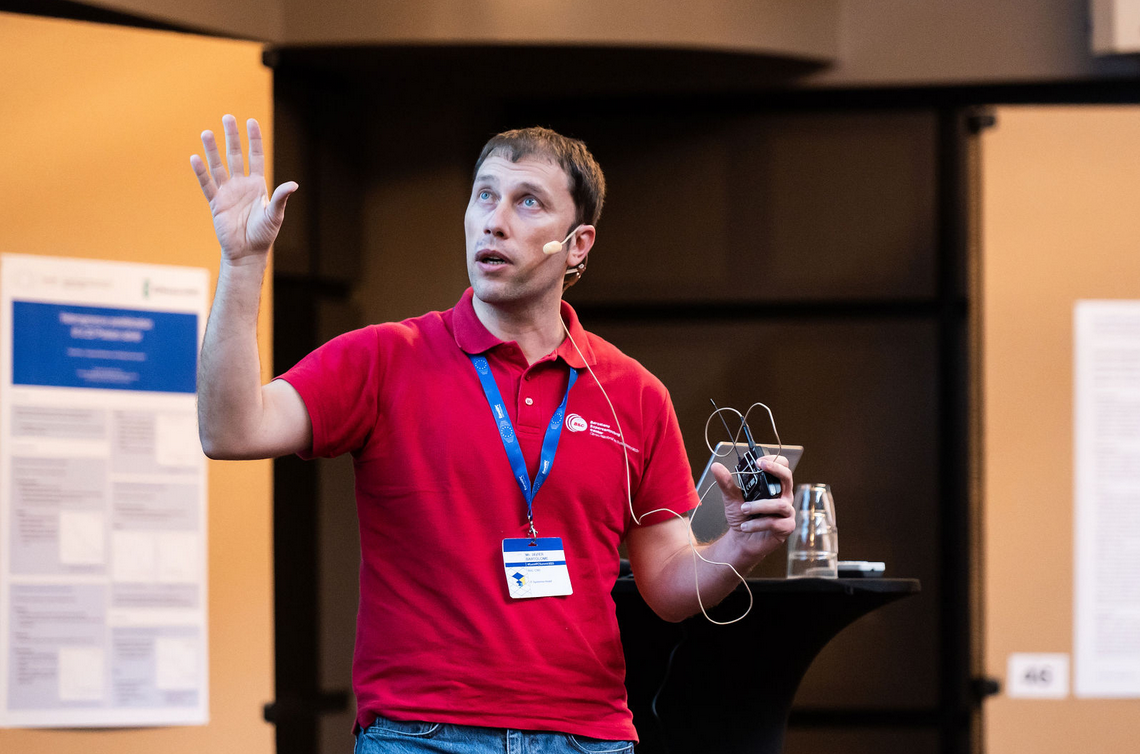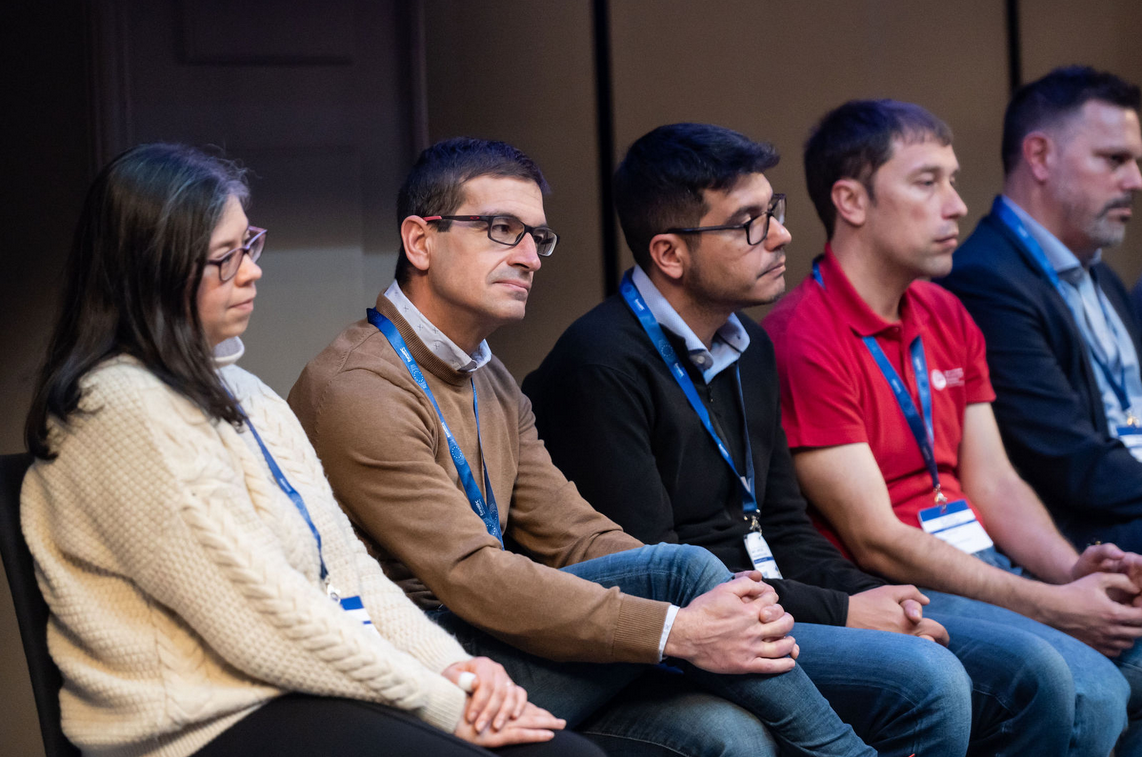
In March, we were pleased to participate in the “Federated HPC, cloud and data infrastructures” parallel session at the EuroHPC Summit 2023 in Göteborg (Sweden). Dirk Pleiter from KTH coordinated the session to initiate a discussion on how to realise a federation of HPC-based infrastructures in Europe after creating a shared understanding of different aspects of the federation and looking at exemplary use cases.
Sandra Diaz from Forschungszentrum Jülich, JSC, showcased how the EBRAINS user community can access the federated infrastructure services offered by Fenix to execute complex scientific computing and data workflows. "Leveraging Fenix for brain research workflows enables the EBRAINS community not only to take advantage of HPC resources but also to store and access large amounts of data and to use the available cloud resources to deploy their community-specific tools and platform services", explained Sandra Diaz.
Javier Bartolomé from BSC participated in the discussion, reflecting on how to integrate HPC- and Cloud-based Compute and Data Services and explaining how the Fenix Infrastructure provides researchers and scientists with HPC and Cloud computing resources, data services and services enabling federation. Based on a Memorandum of Understanding, the Fenix consortium is formed by 6 European supercomputing centres: BSC, CEA, CINECA, CSCS, CSC, and JSC. By providing access to a broader range of resources and supporting collaboration across different countries and regions in Europe, Fenix is helping to accelerate progress in a wide range of research areas and to address some of the most complex challenges facing society today.
The Fenix AAI, as reported by Javier Bartolomé, implements a trustworthy and federated environment to manage users and securely grant them access to resources. Additionally, FURMS facilitates the management of federated resources in the Fenix Infrastructure intuitively. The FURMS approach for managing federated resources involves registering various sites' services and related resources in the central FURMS instance. The Data Mover Service provides HPC users with a user-friendly, secure and fast connection between POSIX filesystems (Active Data Repositories (ACD)) and the object store (Archival Data Repositories (ARD)) that is easy to extend. This service highly benefits, for example, HBP/EBRAINS users, enabling easy integration of ACD-ARD workflows into SLURM jobs.
This session provided the attendees with a unique opportunity to learn from key experts about the needs for the HPC infrastructure federation in Europe as well as much of the work that has already been performed for the HPC community in Europe to make this happen.

Javier Bartolomé. Photo made by Julie de Bellaing

Some of the session speakers (left to right): Sandra Diaz (FZJ), Xavier Espinal (CERN), Nicolas Liampotis (GRNET), Javier Bartolome (BSC), Anders Sjöström (LUND). Photo made by Julie de Bellaing
About the event
The EuroHPC Summit was held in Göteborg, Sweden. The Summit brought together nearly 600 members from different areas of the European HPC community, including researchers, industry professionals, and decision-makers. Over 480 attendees participated in the Summit to discuss the current state of European HPC, its accomplishments, and future priorities. Topics such as exascale computing and its impact on Europe and industry, advancements in quantum computing, energy efficiency and sustainability in HPC, among others, were discussed. The Summit featured live-streamed plenary sessions and more minor, offline parallel sessions, allowing various exchanges, from high-level presentations to intimate and interactive discussions.